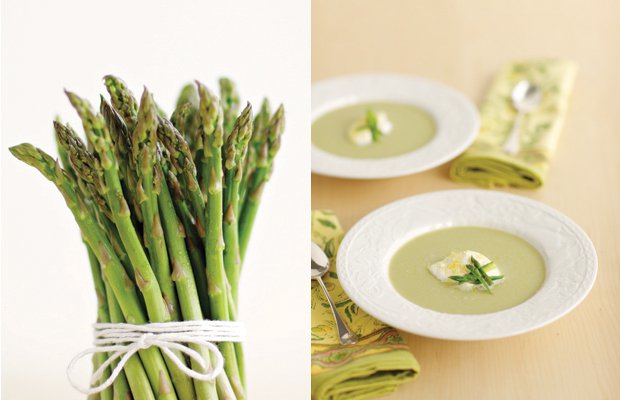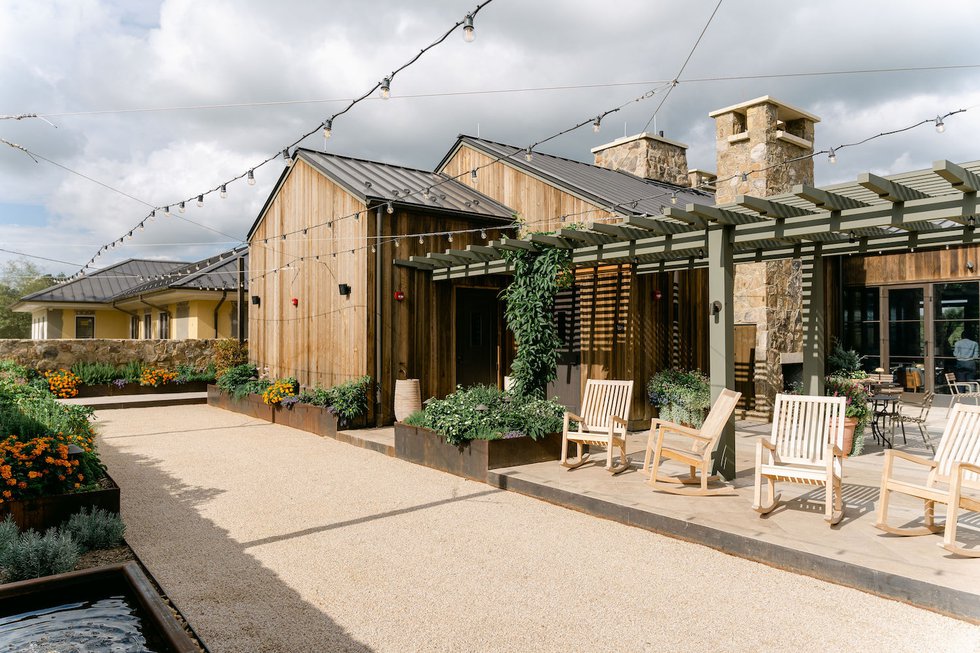They may be bubbling, sour and a wee bit smelly, but it’s time to give fermented foods a chance. Your gut will thank you.

Left to right: Pickles and gherkins, pickled watermelon, kimchi.
Photos by Caitlyn Vanischak
Funky Fresh
When a vegetable (or egg, or meat, or anything else you’d like, really) is pickled, anaerobic (without oxygen) fermentation takes place inside a brine of salt and spices. The low pH level prevents spoilage and imparts a sour flavor. Modern pickling techniques, relying on refrigeration, swap vinegar for the fermenting brine. Richmond’s Pickled Silly sources local veggies for brining in punchy flavors like habanero and tarragon. For something sweeter, try the pickled watermelon rind from Mrs. Bryant’s Specialty Food and Sauces in Williamsburg. Facebook.com/PickledSilly, MrsBryants.com
Fermentation Nation
Along with all the sour, puckery, tangy delicacies we love, fermentation may have just been the impetus for civilization itself. Along the fertile crescent in ancient Mesopotamia, the first permanent agricultural settlements were founded by nomads who decided they wanted more of the intoxicating drink that resulted when wild yeast got into their grain stores. That delicious quaff was an early form of beer, and that yeast would also help them make the first bread, so the next time you sit down for a crusty sourdough sandwich and a pint, give thanks to the fermenting yeast of our ancestors.
You’re Only as Good as Your Gut
Probiotics—you’ve seen them advertised on yogurt containers, right? They promote the “good” bacteria you need for gut health, aiding digestion, strengthening the immune system and plenty more. (You’ve already got millions of bacteria living inside your digestive system, but don’t get squeamish—you need those guys!) Old Church Creamery in Manquin makes probiotic yogurt, plus kefir, a fermented Turkish drink that’s halfway between smoothie and yogurt. OldChurchCreamery.com
Bottoms Up
Drinks like Kombucha, a fermented version of tea, are packed with probiotics. Try the Elderflower Sunrise from Afton’s Barefoot Bucha, or a chai tea blend from Ninja Kombucha in Richmond. Charlottesville’s Farmstead Ferments makes drinks like water kefir soda (from kefir bacteria culture) and (sauer)kraut juice, and hosts workshops for would-be fermenters. BarefootBucha.com, NinjaKombucha.com, FarmsteadFerments.com
The Height of Culture
Fermentation plays a role in more foods than you might expect. You already know about pickles, but fermentation works its magic in cheese (try the raw milk cheeses from Meadow Creek Dairy in Galax), coffee (like the First Landing Espresso blend from Virginia Beach’s Three Ships Coffee), and chocolate (like the bean-to-bar Potomac Chocolate in Woodbridge). Even cured meats like chorizo are a form of fermentation (try the Sweet Coppa at Mechanicsville’s Olli Salumeria). MeadowCreekDairy.com, ThreeShipsCoffee.com, Olli.com
Kimchi and Me
A traditional Korean dish made with fermented vegetables, usually cabbage, kimchi is taking a spicy (and well-deserved) turn in the culinary spotlight. Try the kimchi pancake at Wonju Korean Restaurant in Roanoke or the kimchi dog at Angelika Film Center and Café in Fairfax. In Arlington, Number 1 Sons makes fermented treats like traditional kimchi, kale-chi, even specialty sauerkrauts like Stinkin’ Rye Kraut and Acapulco Kraut. VaWonjuKorean.com, AngelikaFilmCenter.com, Number1Sons.com








